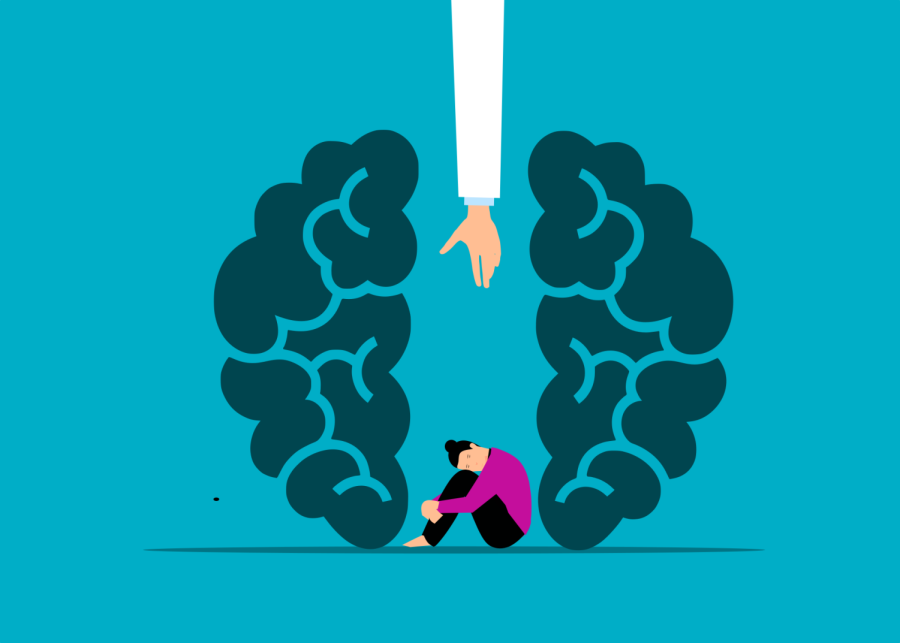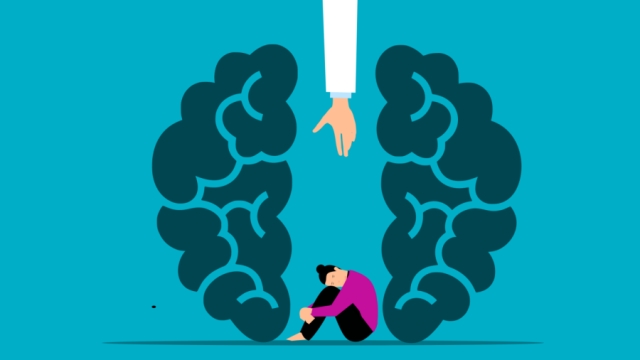
Mental health is a topic that affects each and every one of us, regardless of age, gender, or background. It encompasses our emotional, psychological, and social well-being, impacting how we think, feel, and act. In recent years, there has been a growing recognition of the importance of mental wellness and the need to break the stigma surrounding it.
Therapy Trainings
Taking care of our mental health is just as crucial as looking after our physical health. Yet, for many, discussing mental health concerns can still be met with hesitation or discomfort. By opening up conversations and promoting understanding, we can create a more supportive and compassionate environment for individuals facing mental health challenges. Embracing mental wellness is not only about seeking treatment when needed but also involves practicing self-care, building resilience, and fostering positive relationships.
Understanding Mental Health
Mental health is a crucial aspect of overall well-being, encompassing our emotional, psychological, and social well-being. It influences how we think, feel, and act, shaping our ability to handle stress, relate to others, and make choices. Just as physical health is important, mental health plays a significant role in our daily lives.
Having good mental health doesn’t mean never experiencing challenges or difficulties. It’s normal to feel sad, anxious, or stressed at times. However, when these feelings persist and interfere with daily activities, it may indicate the need for attention and support. Recognizing the signs of mental health issues is the first step in seeking help and finding ways to improve mental well-being.
Promoting mental wellness involves nurturing positive relationships, engaging in activities we enjoy, and taking care of ourselves physically. Seeking professional help when needed is also crucial. By understanding mental health and the factors that influence it, we can break the stigma surrounding mental health and create a supportive environment for those facing mental health challenges.
Challenging Misconceptions
Mental health is often misunderstood by many in society, leading to harmful misconceptions. One common misconception is that mental health issues are a sign of weakness. This prevailing belief stigmatizes individuals who are struggling and discourages them from seeking help. In reality, mental health conditions can affect anyone regardless of their strength or character.
Another misconception is that mental health problems can be easily overcome if one just "snaps out of it" or "manages to think positively." This oversimplification undermines the complexity of mental health issues and the need for professional support and treatment. The journey to mental wellness is multifaceted and often requires a combination of therapy, medication, self-care practices, and a supportive environment.
Furthermore, there’s a misconception that people with mental health challenges are violent or unpredictable. This harmful stereotype perpetuates fear and discrimination against those living with mental health conditions. In truth, individuals with mental health concerns are more likely to be victims of violence rather than perpetrators. It’s essential to challenge these misconceptions to foster a more understanding and compassionate society.
Promoting Self-Care
In the journey towards mental wellness, prioritizing self-care is crucial. Taking time out to engage in activities that bring joy and relaxation can significantly impact one’s overall mental health. Whether it’s practicing mindfulness, spending time outdoors, or enjoying a hobby, self-care routines help in managing stress and improving emotional well-being.
Self-care also involves setting boundaries and learning to prioritize one’s own needs. It’s essential to recognize when to say no and when to take a step back to recharge. By understanding personal limits and valuing self-care practices, individuals can foster a healthier relationship with themselves and others, leading to improved mental resilience.
Finding a balance between work, relationships, and personal time is key to maintaining mental wellness. Making self-care a non-negotiable part of daily life promotes self-love and acceptance. Cultivating a self-care routine that works for you is empowering and can contribute to a more positive outlook on life.




